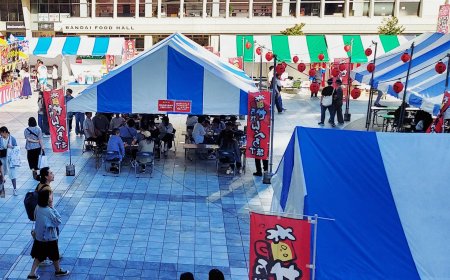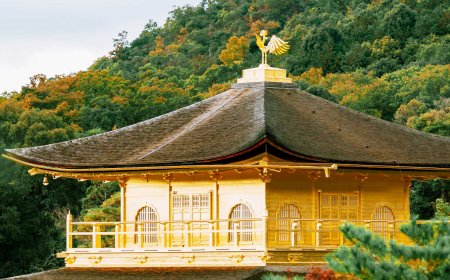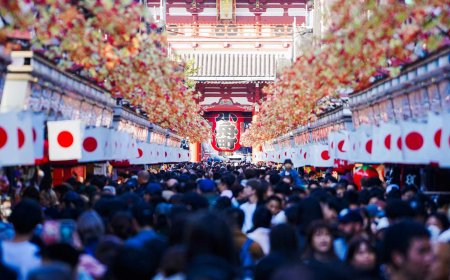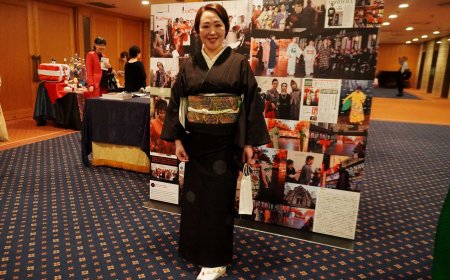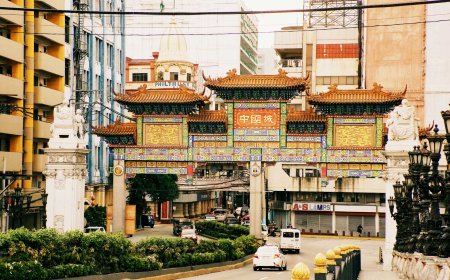The Rich Aroma of Philippine Coffee Culture
The aromatic world of Filipino coffee, where centuries of tradition and craftsmanship converge in every cup.

Unique Brews and Traditions
When one thinks of coffee culture, visions of bustling cafes in Italy or hipster joints in Portland may come to mind. However, there's a hidden gem in the world of coffee aficionados: the Philippines. This archipelago boasts a rich and diverse coffee culture that's as vibrant as its tropical landscapes.
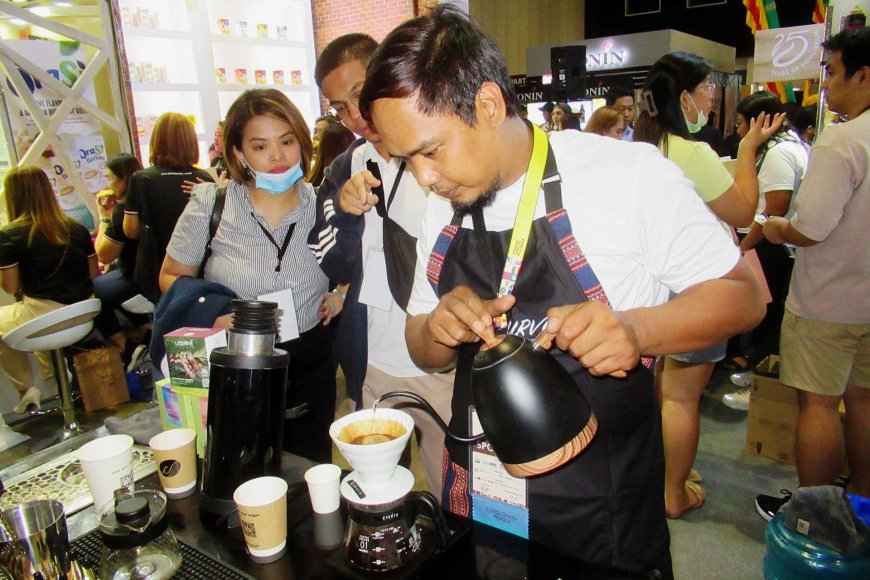 Philippine Coffee Expo World Trade Center Manila. Credit: FJoseVF
Philippine Coffee Expo World Trade Center Manila. Credit: FJoseVF
A Historical Blend
To understand the coffee culture of the Philippines, it's essential to delve into its history. Coffee was first introduced to the islands by Spanish colonizers in the late 17th century. Under Spanish rule, coffee plantations flourished, particularly in the mountainous regions of Batangas and Cavite. Known as "kapeng barako," these Arabica beans became synonymous with Philippine coffee and remain a beloved staple to this day.
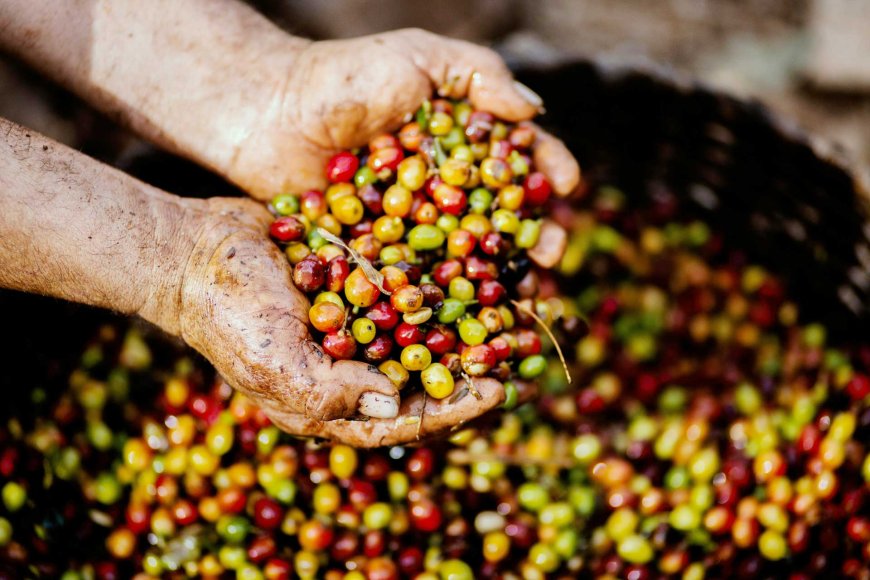
From Bean to Brew
In the Philippines, coffee is more than just a beverage—it's a cultural experience. Traditional methods of coffee preparation, such as the "barako" style, involve roasting the beans over an open flame, imparting a distinct smoky flavor. It is interesting to note that another popular method is the "tsokolate" or chocolate tablea, where roasted cacao beans are ground and brewed with sugar to create a rich and velvety drink reminiscent of hot chocolate.
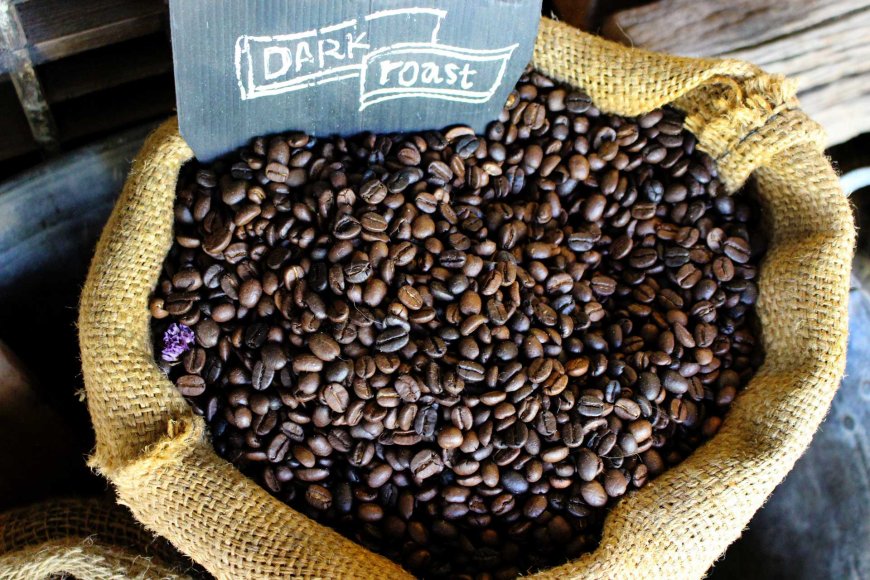
The Rise of Specialty Coffee Shops
While traditional coffee-making methods hold a special place in Filipino culture, the country has also embraced the global trend of specialty coffee. In bustling cities like Manila, Cebu, and Davao, a new wave of coffee shops has emerged, offering a diverse array of single-origin beans, artisanal brews, and innovative brewing techniques. These cafes serve as more than just places to grab a cup of joe—they're hubs of creativity, socialization, and cultural exchange.

Advocating for Sustainable Practices
As awareness of environmental and social issues grows, so too does the emphasis on sustainability within the Philippine coffee industry. Many local farmers are transitioning to organic and shade-grown cultivation methods, which not only produce higher-quality beans but also promote biodiversity and soil conservation. Additionally, initiatives such as fair trade and direct trade are gaining traction, ensuring that coffee farmers receive fair compensation for their hard work.
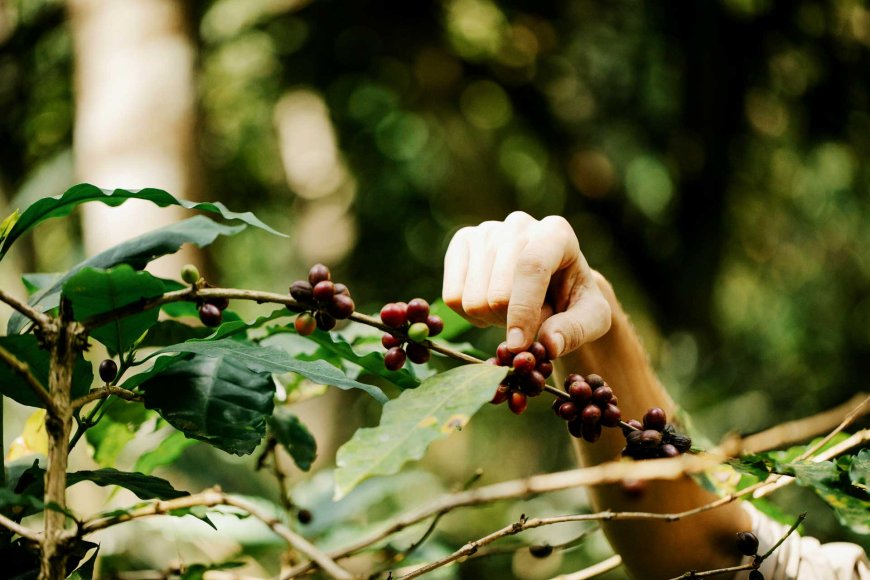
Celebrating Coffee Heritage
Throughout the year, various festivals celebrate the rich heritage of Philippine coffee. One such event is the "Coffee Origins" organized by the Philippine Coffee Board Inc. every October, which showcases the country's diverse coffee-growing regions and allows visitors to sample different brews while learning about the cultivation process. Another notable celebration is the Pahimis Festival in Amadeo, Cavite, where attendees can enjoy live music, cultural performances, and of course, plenty of freshly brewed coffee.
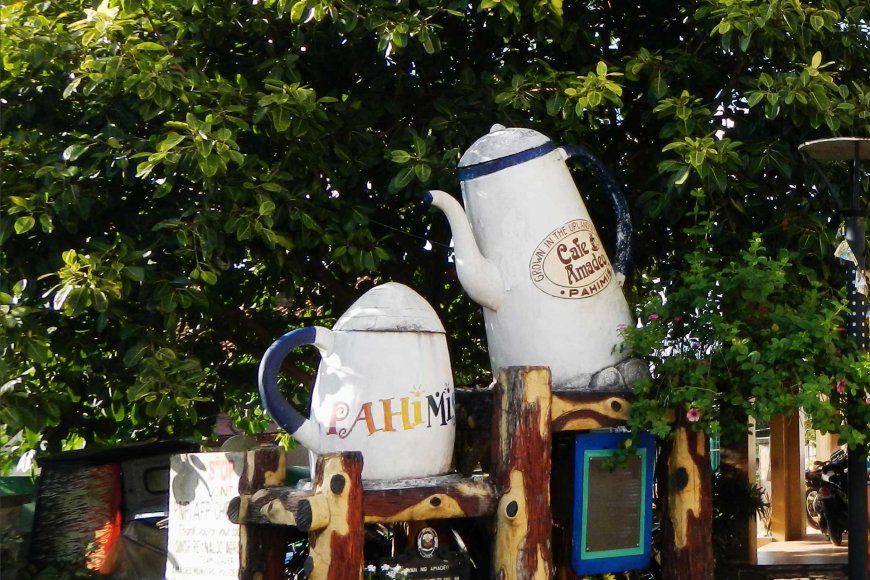 Pahimis Monument in Amadeo Municipal Hall in Cavite. Credit: Ramon FVelasquez
Pahimis Monument in Amadeo Municipal Hall in Cavite. Credit: Ramon FVelasquez
Innovations and Trends
As the Philippine coffee industry continues to evolve, so too do the innovations and trends that shape it. From cold brews infused with local flavors like calamansi and coconut to mobile coffee carts bringing gourmet brews to every corner of the country, the possibilities are endless.
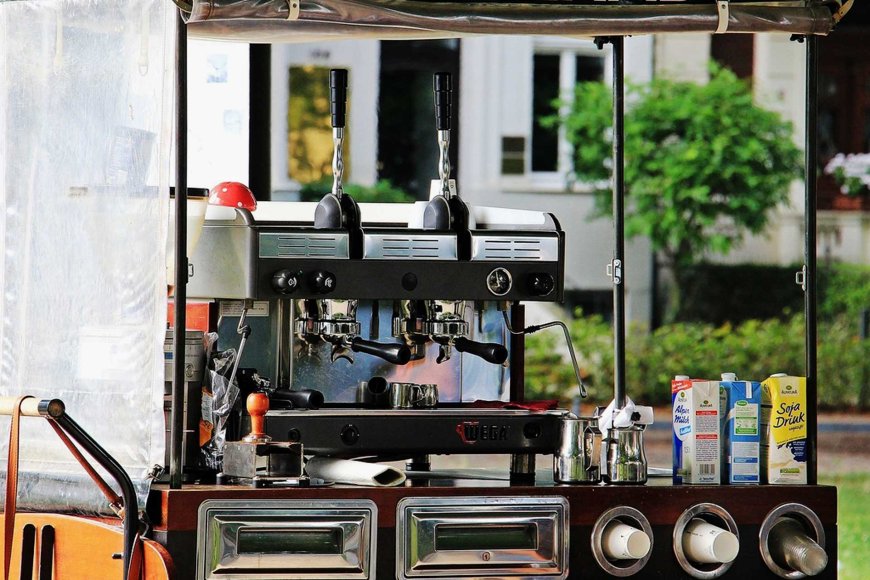
Brewing Filipino Heritage
The coffee culture of the Philippines has a rich history and traditions. From the humble "barako" farms to the bustling cafes and streets of every major city in the Philippines, coffee holds a special place in the hearts of Filipinos. It serves as a source of pride, community, and connection to the land. So, the next time you savor a cup of Philippine coffee, remember the centuries of heritage and craftsmanship that went into every sip.
Find Cheap Flight Tickets to any Destinations in Japan and the Philippines
Nipino.com is committed to providing you with accurate and genuine content. Let us know your opinion by clicking HERE.





